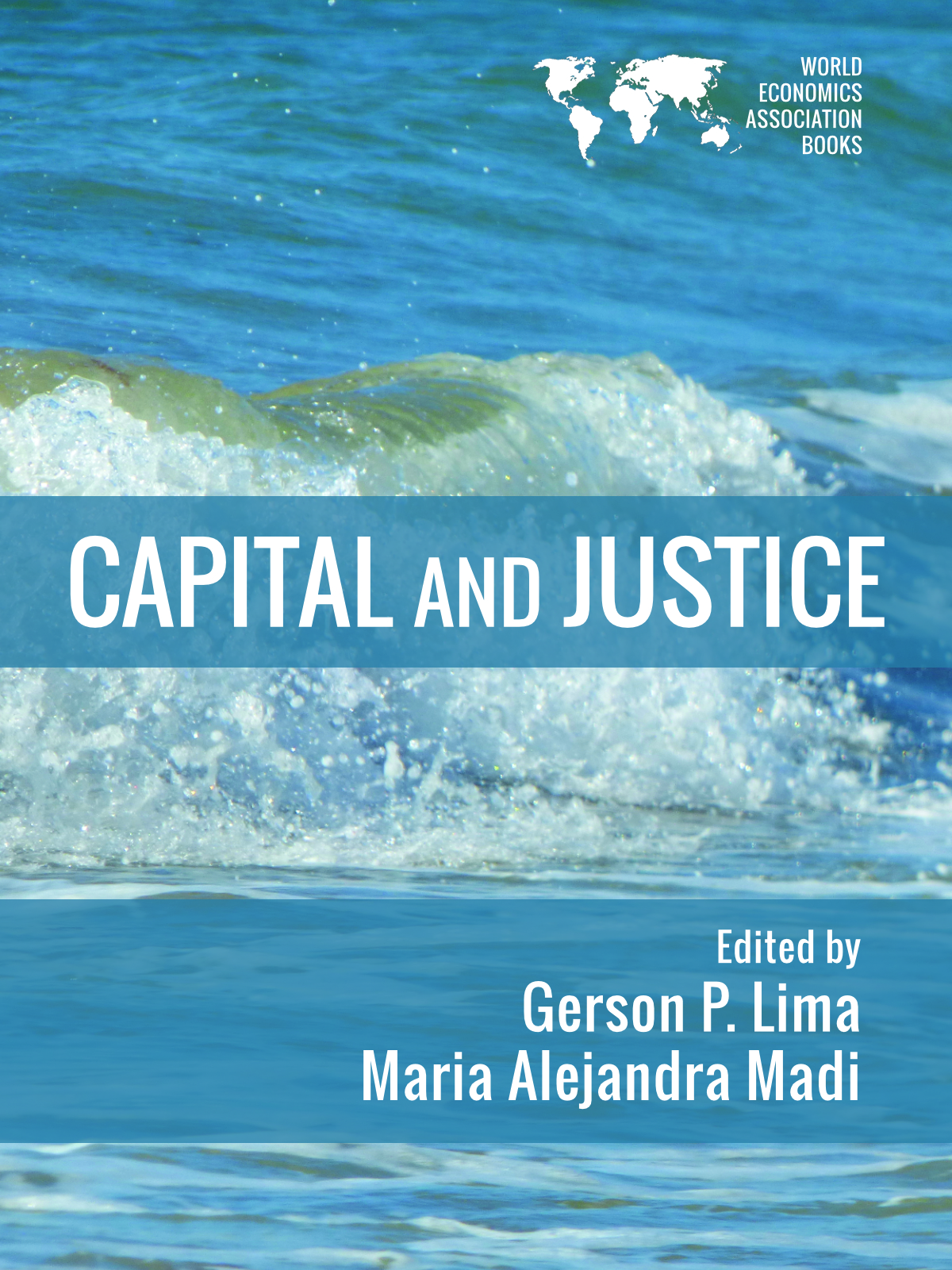Employment in a Just Economy
John Komlos
PhD in History (1978) and Economics (1990) by the University of Chicago. Professor Emeritus, University of Munich
Please cite the paper as:
John Komlos, (2016), Employment in a Just Economy, World Economics Association (WEA) Conferences, No. 1 2016, Capital Accumulation, Production and Employment:, 15th May to 15th July 2016

This paper has been included in the publication
“Capital and Justice”
Abstract
This paper is based on the ideas of political philosopher John Rawls and suggests that in a just economy full employment would have to go beyond the implications of NAIRU. Rawls argues that the just economy is one which would be created behind a veil of ignorance, that is to say, without knowing where we would end up in the society’s distribution of talent and other attributes. If we were to create it from scratch we would not create the kind of labor markets that exist currently, because we would be too concerned about ending up among the excluded, i.e., those without full time jobs which today in the U.S. is still 10% of the labor force or some 15 million adults. This is substantial but it does not even include at least 7 million additional people who have dropped out of the labor force altogether or the 2.3 million in jail!
Hence, the “natural” in the natural rate of unemployment is a misnomer, insofar as unemployment does not occur in nature. The concept is especially misleading, because many economists and media commentators inappropriately but invariably equate it with “full” employment as Martin Feldstein did in the January meeting of the American Economic Association. As a consequence, endemic un- and underemployment is accepted as an inevitable attribute of the labor market. This is insidious inasmuch as the concept assumes that the institutional structure of the labor market is held constant. However, with creative restructuring of that market our aim should be to bring unemployment down to the minimum feasible rate which in the U.S. is most likely around 1.2%,–the rate which prevailed in 1944 and which probably represents the lower bound attainable. Instead of the prevailing system, the right to work needs to be recognized as a natural right, because the right to life depends upon it. Several ways are proposed to create an inclusive labor market that distributes the available work in a more equitable fashion than the current system and envisions a just economy that risk-averse people would be willing to enter at random, i.e., without knowing where they would end up in it.
Thank you for attacking this very important socio-economic problem of `making a living and preserving self-esteem`, Prof. Komlos! The NAIRU is indeed the ACRU (artificially created rate of unemployment) and the monetary theory behind this coining has already proven to be economically not sustainable. Economic systems evolution empirically points now to a more just economy as envisioned by John Rawls or to a historical tragedy of social explosion, in thermo-economic terms. The binary introduction of a basic income guarantee (envisioned e.g. by T.Paine) and the right to labor (to earn an income) could restore human dignity under the current conditions, i.e. computer power is destroying `jobs` in an accelerated manner. We will have economically to be very creative to institutionalize an income for all citizens in a just economy, to balance the ongoing `creative destruction` of our socio-economic fabric.